Some 'certainties' are wholly obvious: day turns into night, the sun will rise tomorrow, and, given all of our druthers, we all would like to be happy as much as is humanely possible. Right? Of course, there are others... like, we all need food, water, and air... and companionship... And, of course again, there are still others... But, I am not thinking about these wholly obvious certainties, rather, I'm pondering the seeming necessity of claiming 'absolute certainties'...
Like, the absolute certainty of a "God"... which is, of course, most often connected to a certain understanding of, or dogma about, said "God". In spite of the assertions of mystics of every tradition who state with humility that there is Only One, Holy Consciousness: whom we call "God", the mass of "believers" and communities of faith might admit the possibility of this mystic insight, but they don't: "God" is the Lord; "God" is Allah; "God" is the Blessed Trinity; "God" is Jesus Christ; "God" is Radha-Krishna... and so on... even on into books...
The Torah; the Bible; the New Testament; the Bhagavad Gita; the Tao Te Ching; the Quran; each book (and there are others) command legions of absolutely certain believers... Then, once again, there are the mystics (what a looney little crowd they are) affirming the value and insights of each Holy Book: in fact, each of these books are likely to be found, and well-used, on their book shelves... Has it always been "normal" to believe in only "one way"?
Well, not for the Hindus! They have a god for everything and everyone! Still, they tend to dislike Muslims and don't really trust Christians... Nevertheless, they will admit to the possibility that their insights might benefit from the inclusion of even more "gods and prophets"... Sort of like the ancient Greeks... say, didn't they have a sculpture honoring "An Unknown God"? Which gets me to pondering politics...
Isn't the ability to honor "An Unknown God" the secret ingredient of a thriving democracy?Isn't the ability to admit that there is always more that one can learn fundamental to good citizenship? And, doesn't "uncertainty" make for a more pleasant environment in which to live and raise one's children? I mean, if one can admit to the possibility of being "wrong" then the likelihood of parading around with assault rifles would be seen to be exactly what it is: plainly silly. If one could admit to the possibility that someone else might be closer to the truth than I am at this moment in time, wouldn't that decrease the likelihood of bad citizenship (name calling, lying, manipulating, distorting, etc.)?
Perhaps, real religion and a genuine democracy both need, more than anything else, believers and citizens who can relax and have a good laugh -- at no one's expense... And perhaps, a richly cultivated "uncertainty" is precisely the certainty that we all need... After all, didn't Jesus say that unless one became like a child, she could not enter heaven? Depending upon how far we choose to go back into the life of a child, but certainly if we go back to the suckling age, "becoming like a child" would mean to put all of one's energy into reaching for Momma's leaking breast, with a relaxed hunger and adoration...
When "certainty" is relaxed and humble, everything returns to its natural order and gratitude becomes one's watchword. The natural order and gratitude is the certainty of grace enough to fill the day. It isn't at all about "right belief" or acquiring either salvation or profit, but all about extending the eye, hand, and heart of reverence towards everyone, but most especially, to those for whom to live means to suffer. A child's kindness, acceptance, faith, and gratitude is the Primordial Tao and the Gentle Revolution of Jesus... Living with uncertainty, and truly living a forward life, is wisdom indeed...
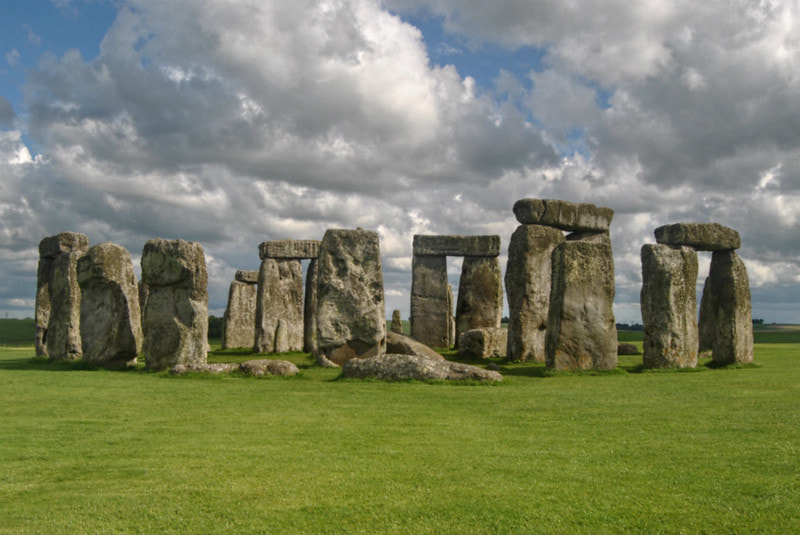
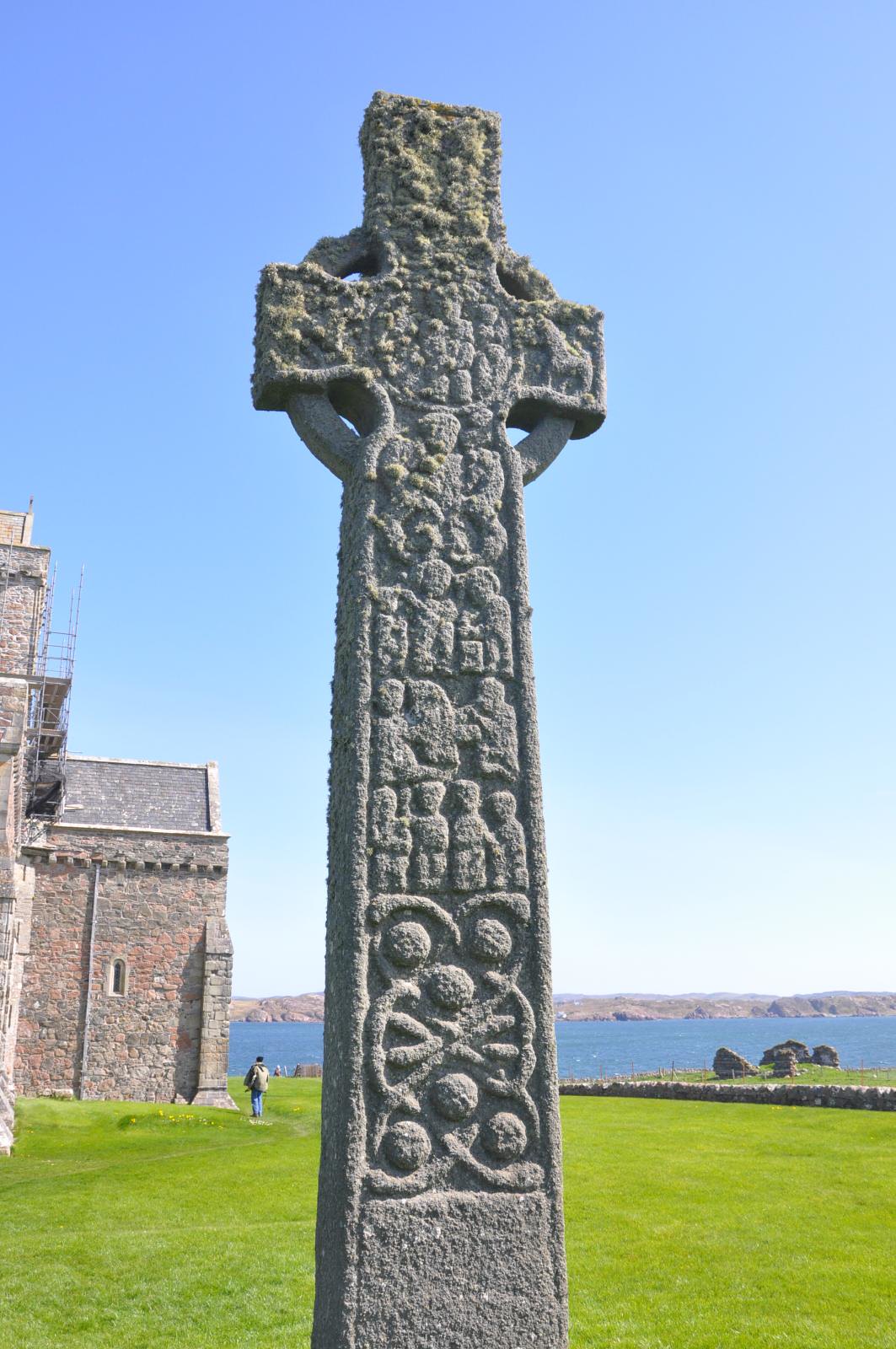
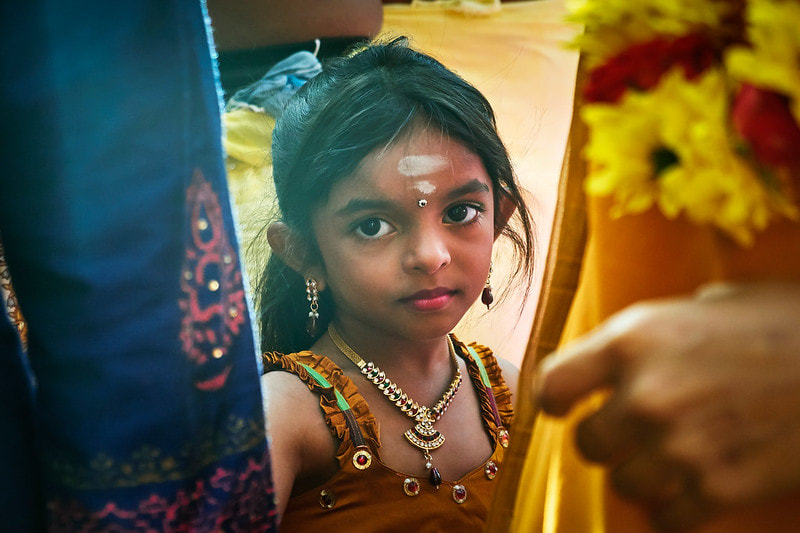
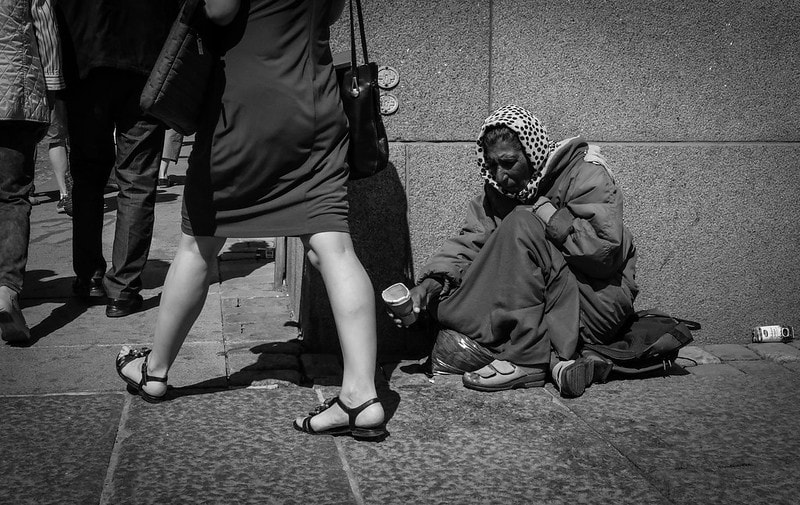
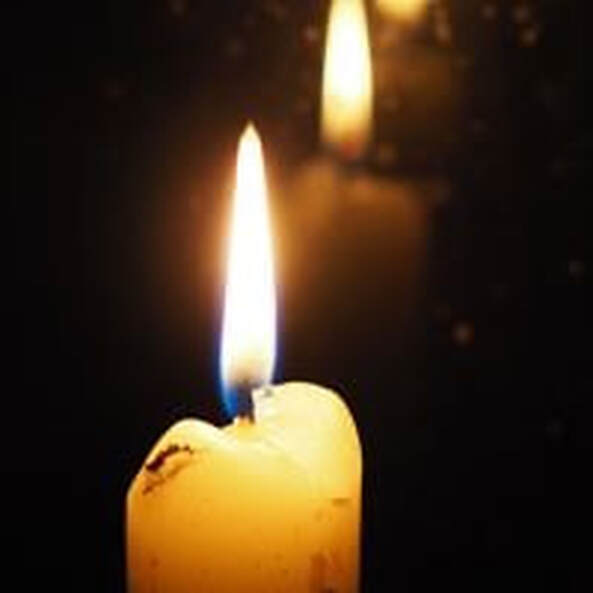
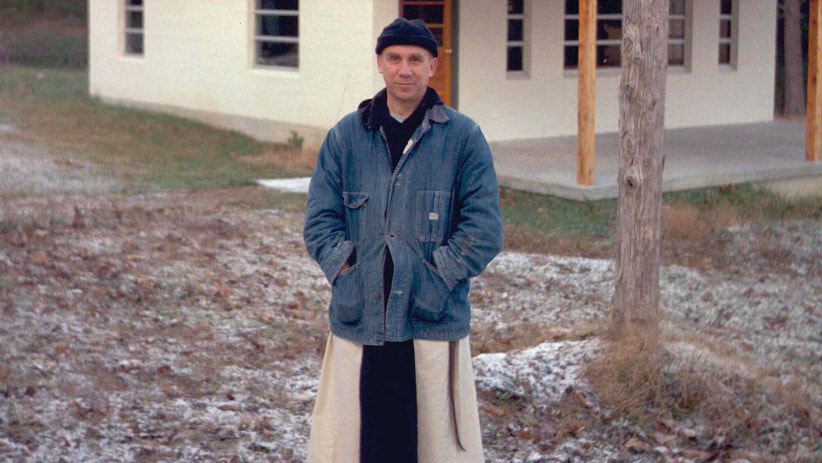
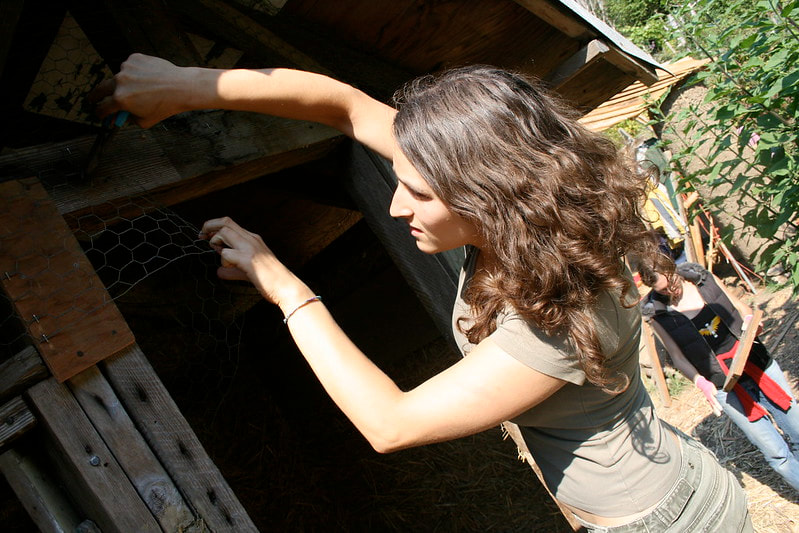
 RSS Feed
RSS Feed